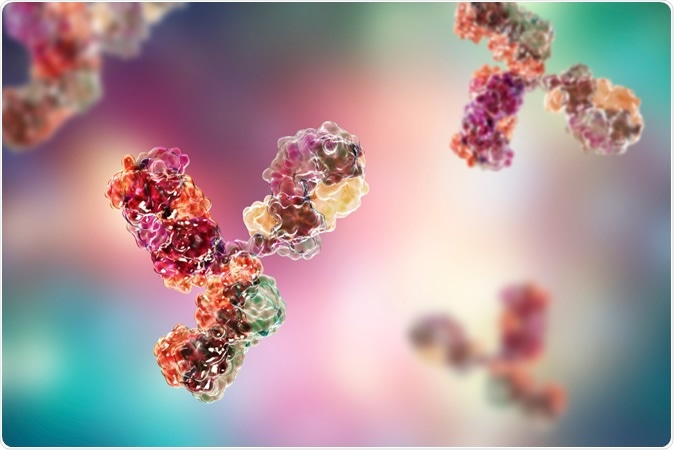The U.S. Centers for Disease Control and Prevention (CDC) plans to launch a nationwide study to track how the novel coronavirus is spreading across the country.
The study, which is set to begin in June or July, will test tens of thousands of blood samples from donors to identify antibodies developed by the body in response to the severe acute respiratory coronavirus 2 (SARS-CoV-2).
“We have selected sites to give a broad geographical distribution throughout the country,” said Dr. Graham Simmons, a researcher with the nonprofit Vitalant Research Institute, which is leading the first stage of the study.
The study will be conducted by experts at the Vitalant Research Institute, a nonprofit that runs blood donation centers and test samples. They aim to test blood samples from 1,000 donors in each of the 25 metropolitan areas, testing for antibodies that can show the real extent of the COVID-19 pandemic in the United States.
What are antibody tests?
Antibodies are proteins generated and secreted by the B cells, which bind to foreign invaders in the body, such as bacteria and viruses. The term antibody pertains to its function since it binds to an antigen.
When the body detects a foreign invader like a virus, the first response of the immune system is to send out macrophages, which engulf the invaders or antigens and process them biochemically. The chemical process provides a blueprint used for the development of an immune response that produces antibodies.
Antibodies are specialized proteins that are designed in a way that they respond to specific antigens. When a person gets infected with the same antigen in the future, the body then has the capability of fighting it off.
During an infection, the immune system mounts a nonspecific attack, which means that the body’s general fighters, such as enzymes, phagocytes, and chemicals that increase body temperature to produce fever, are deployed to attach the invader. Eventually, the body sends out Y-shaped molecules called antibodies to target and kill the virus.

Molecular model of antibody taking part in immune defense. Image Credit Kateryna Kon / Shutterstock
An antibody test detects these molecules to determine if a person has been infected in the past. This test can also help track the extent of the outbreak in a particular place or country, helping health officials devise plans to tackle once it resurfaces in the future.
Monitoring the pandemic
Health experts are monitoring the pandemic, but with the help of the new CDC study, it will be easier for them to determine and better understand where an outbreak is spreading. It can help guide decisions on restrictions and lockdowns needed to contain it.
At present, Dr. Michael Busch, the director of the nonprofit Vitalant Research Institute is leading a preliminary version of the study, which is being funded by the National Institute of Allergy and Infectious Diseases and the National Heart, Lung, and Blood Institute. The current research is testing the first 36,000 samples. Soon, they plan to ramp up testing to cover all the metropolitan areas.
The CDC antibody study will take samples for 18 months to see how the antibodies evolve. The scientists will first test the blood from 1,000 people from each metropolitan area for 12 months. Then, they will check the blood from another 25,000 donors at the 18-month mark.
Lack of a national plan
The study came after public health officials have complained that the CDC has lagged on research to tackle the spreading virus. So far, the novel coronavirus has infected more than 1.52 million in the United States, with at least 91,000 reported deaths.
New York remains the state with the highest number of cases, topping 352,000, which is higher than the cases in other countries, such as Russia and the United Kingdom.
The CDC study offers some reassurance that the health agency is working to address the pandemic. The results will help provide a bigger picture of the virus spread in the country, as well as help the government to devise plans to help contain it.